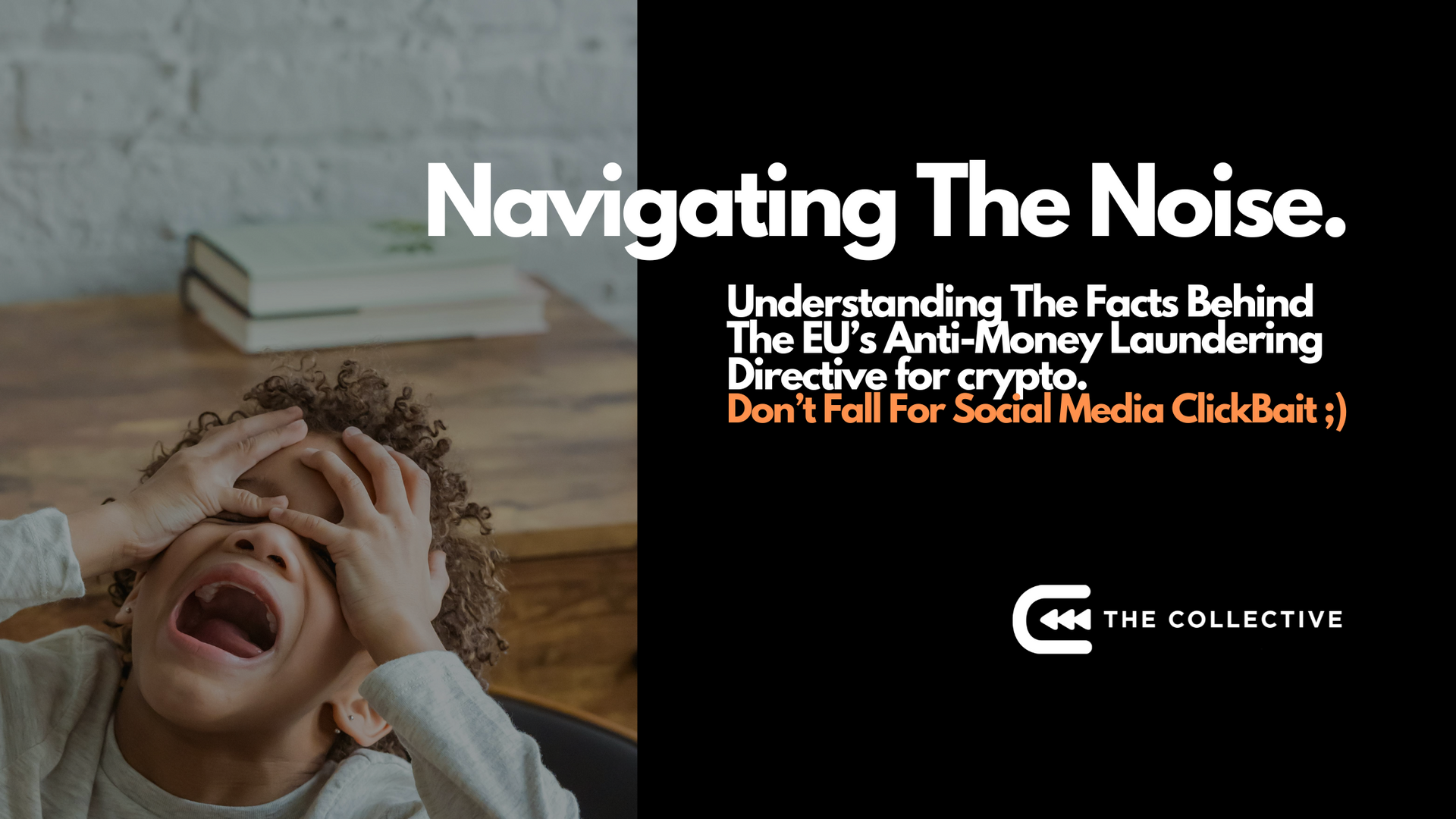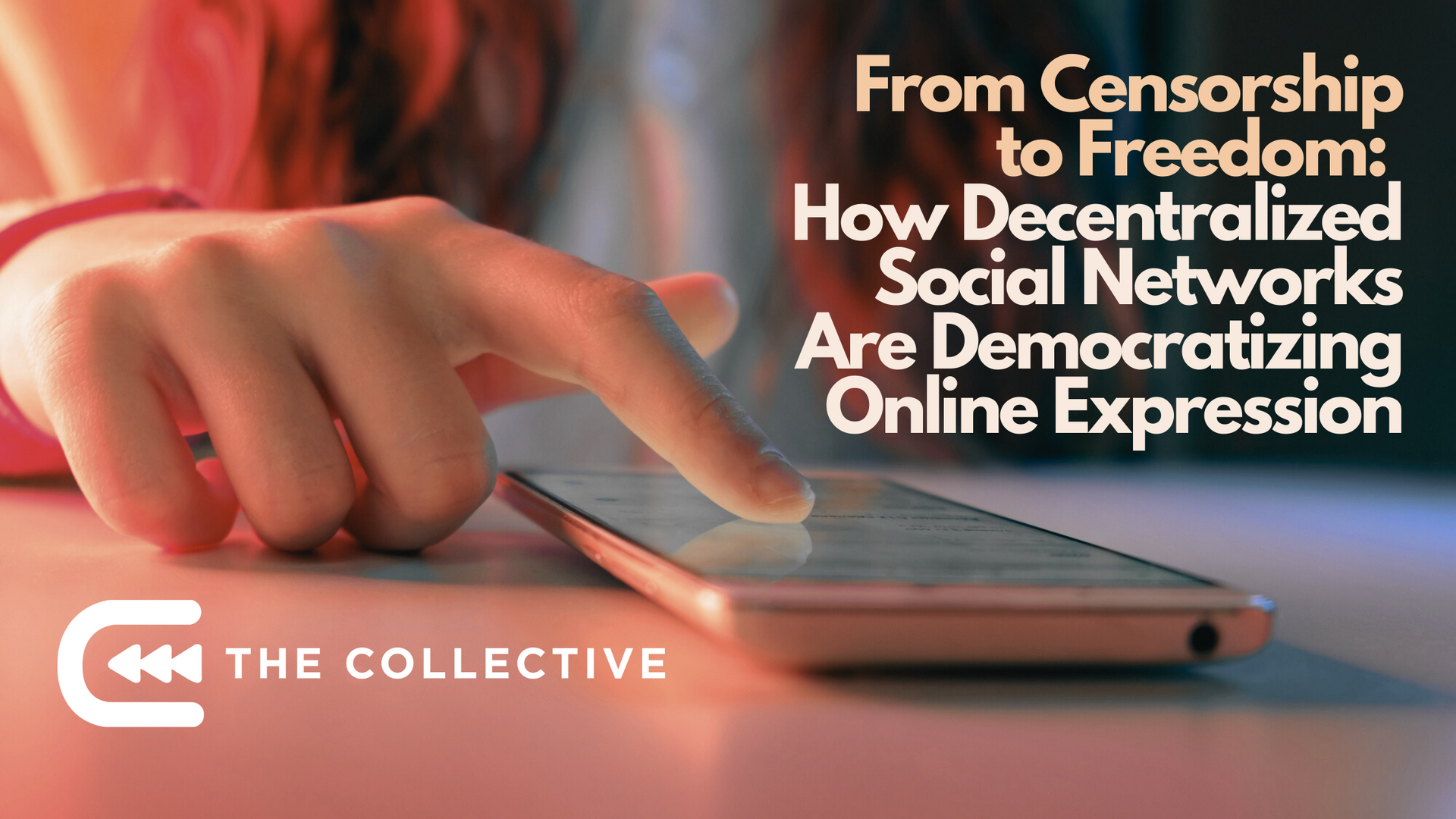Unleashing The Power Of Decentralized Currencies
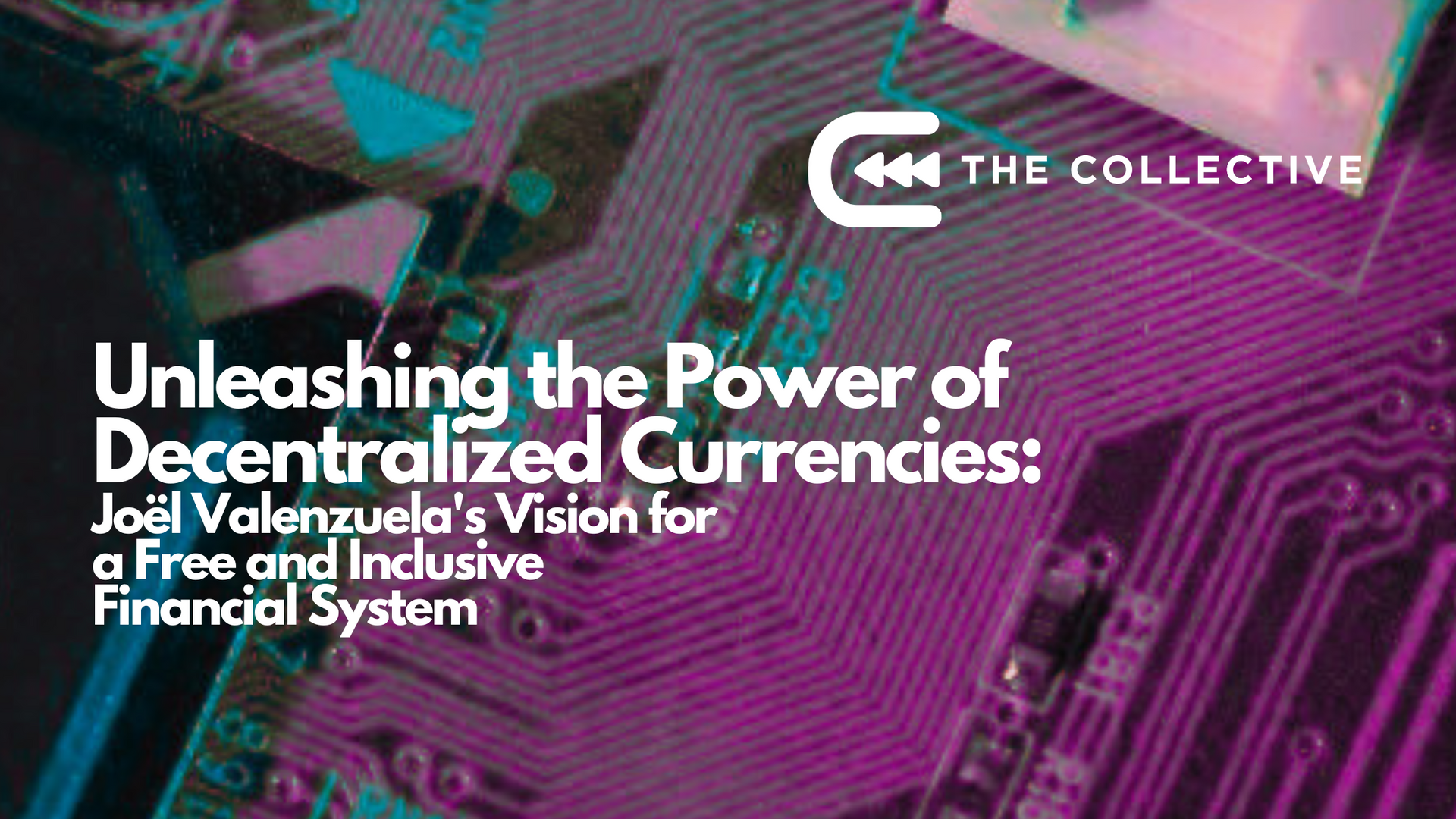
Introduction Joël Valenzuela (Twitter handle: @TheDesertLynx) is a renowned independent journalist and blockchain expert who has been living off cryptocurrency since 2015. With a strong background in politics and journalism, he has produced content for Cointelegraph and has contributed to the Dash decentralized autonomous organization. Currently, he is part of the
Free State Project.
1. What role do you believe blockchain technology and decentralized currencies can play in promoting financial freedom and privacy? I believe that decentralized tech, especially decentralized money, is absolutely crucial for freedom and privacy. One of the most pernicious forms of censorship is financial censorship, and often controversial speech and actions never need to be explicitly banned if financial services surveil or refuse to do business with certain individuals. Digital cash allows us to retain our freedom of conscience.
2. What's the most ridiculous thing you've heard a CBDC proponent claim, and how did you resist the urge to facepalm? I don’t personally share circles with many CBDC proponents, but I have heard individuals express absolute and total trust in governments and institutions. These same individuals express extreme distrust in certain elected officials, but bafflingly have no issue giving those same officials unchecked power over their lives. It’s really mind-blowing.
3. What inspired you to speak out against CBDCs, and how do you see them threatening individual freedom and autonomy? I’ve been promoting financial freedom since before CBDCs were even a coherently-formed idea. The existing financial system already allows for a system where our finances are completely controlled and can be censored or devalued on a whim. CBDCs simply streamline this censorship potential, and add in the risk for complete lack of privacy. We don’t want to live in a world where that’s the norm.
4. Critics argue that CBDCs would reduce the risk of bank runs and increase financial stability. How do you respond to these claims, and what alternative solutions do you propose? Those claims are probably correct, but only underscore the deep flaws in the current fractional reserve banking system, where banks hold only a tiny fraction of customer funds. It’s absolutely mind-blowing that we accepted such a risky system as our sole proxy for using our money in the first place. The alternative solution is digital cash: decentralized digital money where anyone can fully control their own finances. This brings unparalleled efficiency to global commerce while leaving more risky systems to financial speculators.
5. In a hypothetical scenario where CBDCs are universally adopted, and cash is outlawed, how would you balance individual freedoms with national security and public safety, while maintaining a peaceful and law-abiding approach? Well hopefully we don’t get to that point, because adoption will be much harder when run completely underground. There’s a simple answer: parallel economies.
Start local, trade with friends and neighbors over small things in-person. Physical, local, in trusted, philosophically-aligned communities is the best way to start, and grow from there.
The next step is decentralized exchange of digital goods, as well as anonymous work bounties. Eventually, when NFTs become used as property titles for physical goods, a decentralized NFT marketplace could work out very well for this. But we need privacy as well!
6. Some say that CBDCs would enable faster and cheaper transactions, benefiting consumers and businesses alike. How do you counter this argument, and what are the potential drawbacks of such a system? We can achieve instant, cheap, secure, and private payments today with decentralized cryptocurrencies. There’s no need to create a system of mass control and surveillance in order to receive these benefits. Additionally, this promise of low fees and efficiency is unrealistic from such a system. Programmatic coins like stablecoins already have certain limitations such as banned addresses, and these increase the gas/transaction fees. Invariably, having to check against a censorship list adds fees and friction. Ultimately users will place a premium on unrestricted money, i.e. digital cash.
7. If you were a superhero fighting against the forces of centralized currency, what would your alter ego be? Dash Man: fast as lightning, with an invisibility shield, and unlimited stamina.
8. Critics argue that decentralized currencies are vulnerable to fraud and manipulation. How do you address these concerns, and what safeguards can be implemented to prevent abuse? Fiat currency is the rife with the same kind of fraud and abuse alleged (incorrectly) against decentralized currencies, except with new levels of fraud and abuse that are institutionalized. Anyone in the US seeing their cost of living nearly double over the past couple of years should be concerned about abuse that they have no power to fight. Same with anyone denied access to their money when attempting a withdrawal. There is no recourse against this. Crime has always existed, and in the cash-only economy tools have always existed to combat it. The same will be true of the digital cash economy.
9. Some proponents of CBDCs argue that they would promote financial inclusion, especially in developing countries. How do you respond to this argument, and what alternatives do you propose for expanding access to financial services? A CBDC is permissioned, and therefore by definition exclusive. Decentralized cryptocurrencies are truly inclusive, as anyone anywhere in the world can create a new “account” and start transacting within seconds. No ID checks, no paperwork, no bureaucracy. Permissionless finance is the only inclusive system.
10. Looking ahead, how do you see the battle for financial freedom and privacy playing out in the coming years? What strategies can freedom-minded individuals employ to protect their rights and interests? Over the next few years there will be a battle over the ability to use cryptocurrency as digital cash. Specifically, over the right to self-custody and to transact without identity verification. How well we fare in this will indicate how long the world will take to become free. It’s easier to fight in the light than the dark. Today, everyone should be exploring ways to live as close to entirely off of decentralized cryptocurrency as possible. I have done this since 2015, and several others have joined me, but we remain far too few. The more people living on crypto, the harder it will be to ban and restrict, plain and simple.
What do you think about Joëls views on CBDCs and financial freedom? Do you agree that decentralized currencies are the way forward, or do you think there are other solutions to protecting our rights and interests? Let us know!
If you liked this article, please share it widely on social media to help us reach wider audience interested in learning more about crypto and Web3 technologies.
Also if you have any questions or feedback we would love to hear back from you!


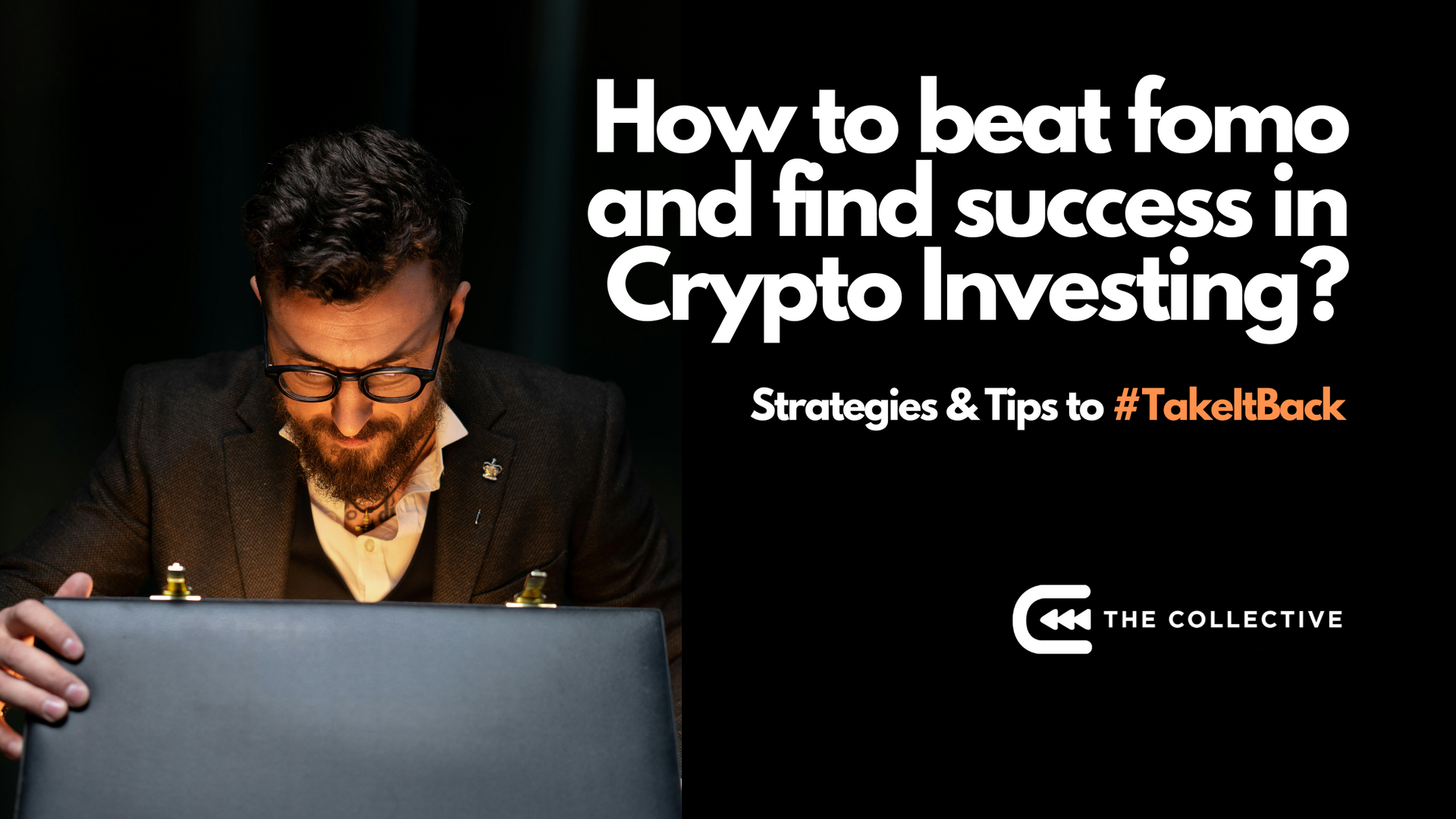
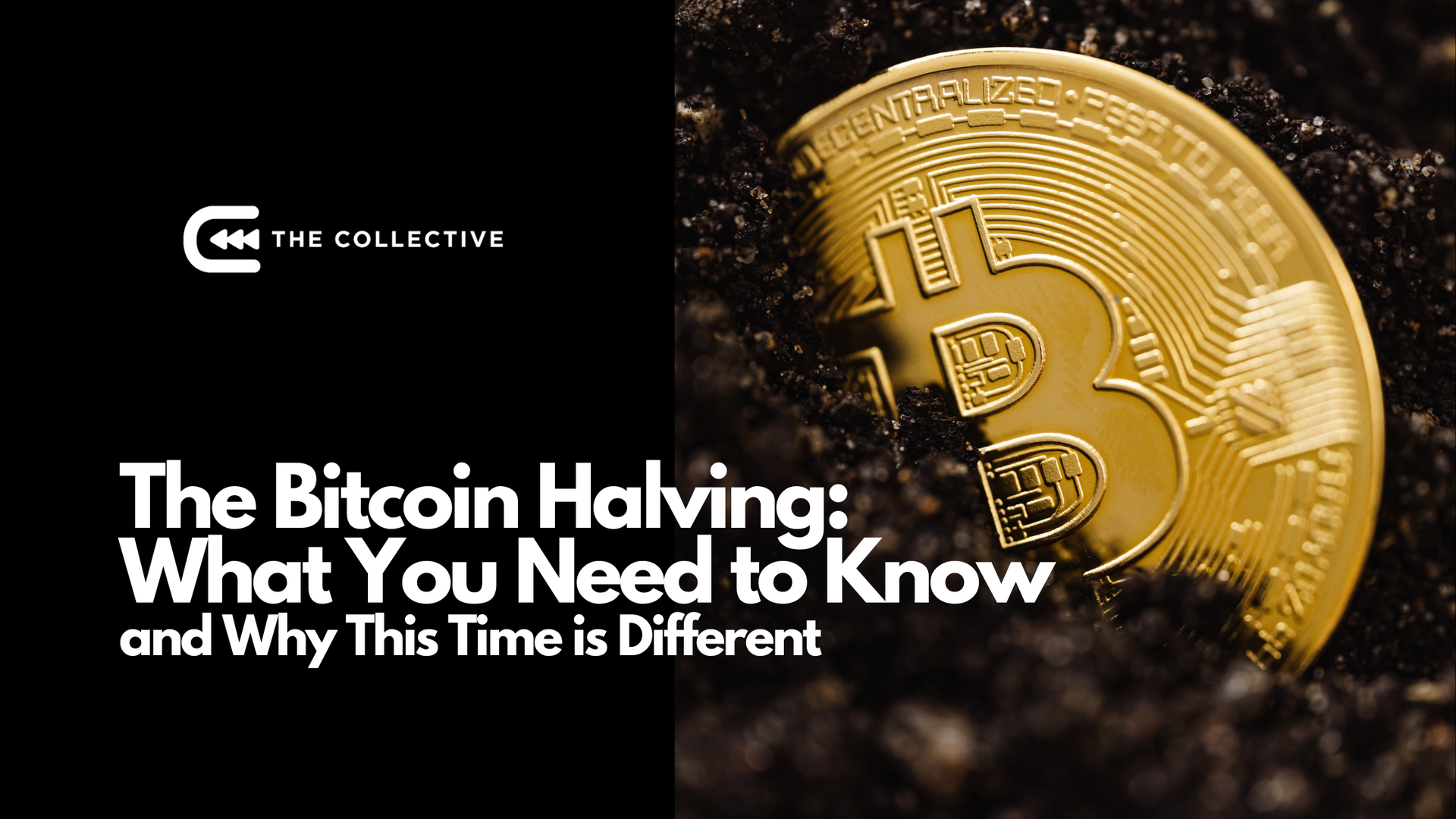
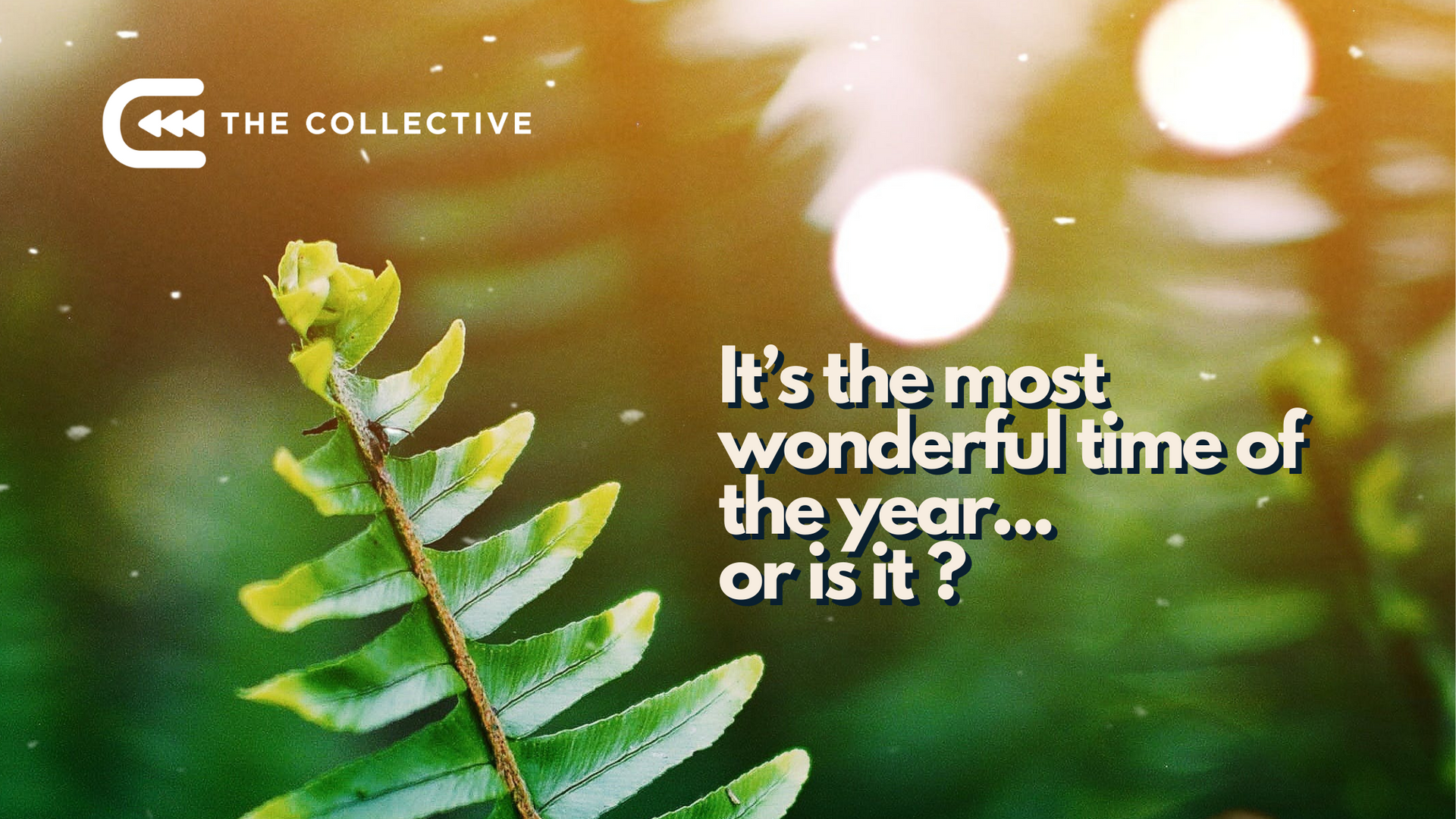
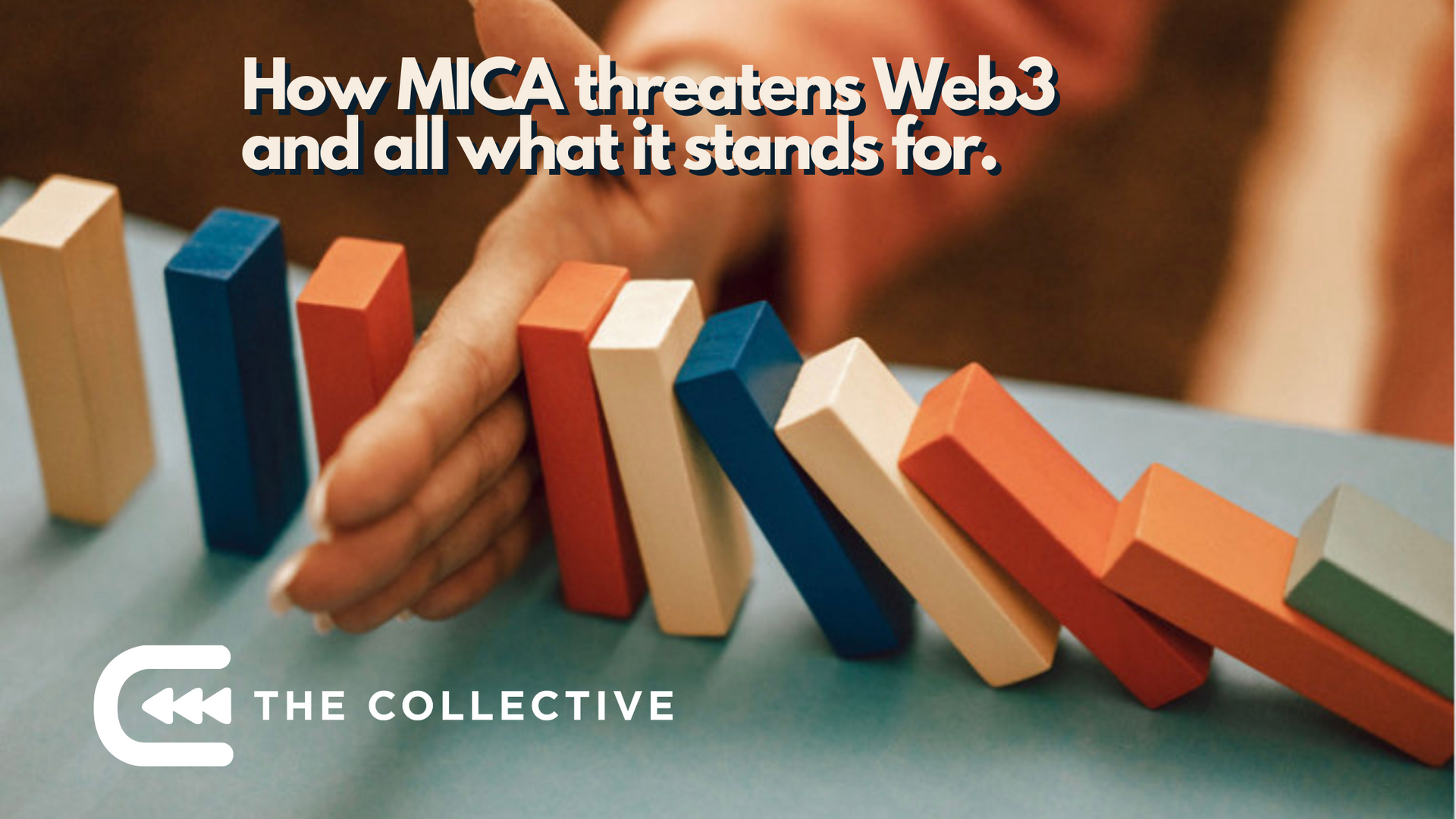
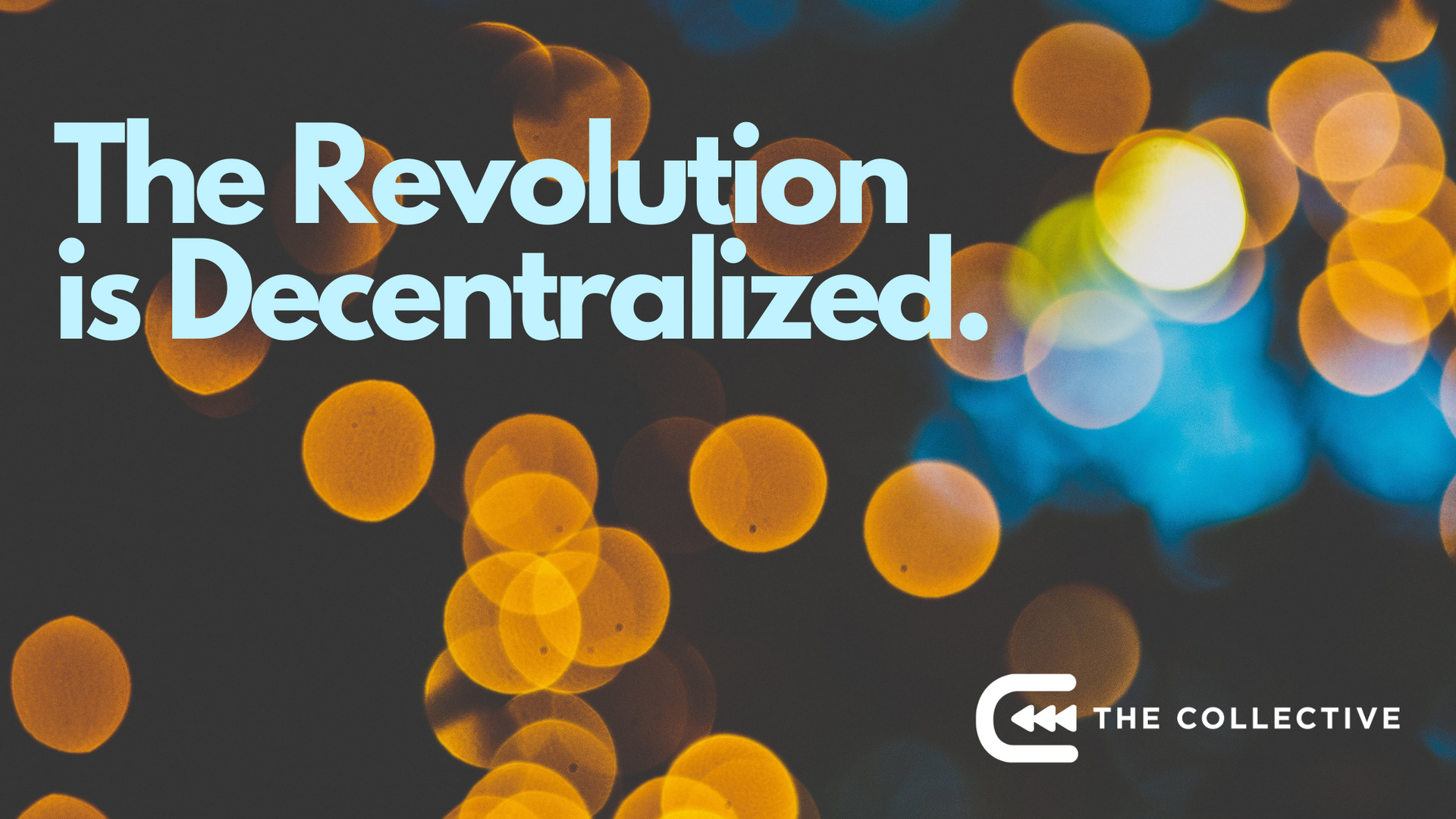
Helping people, entrepreneurs & businesses to bridge the gap between the internet of today towards the revolutionary Web3 movement.
#TakeItBack
Support us
Support the free and independent movement!
with 5 Euro / Dollar you already help us enormously!
Bitcoin wallet:
bc1qtl0yyayrdy2p74xf52ts75tw2tl0aleehhtfjl
Monero wallet:
44gKNgXYMEfFFBR4J1ySmj161zYpMZdGZPH1D2mDnYHTPXLmv83d58CbF6uNWpDq1Vdgw1NLwkJNkR1NEmqmC5xa6ZzRehG
Ethereum wallet:
takeitback.eth




